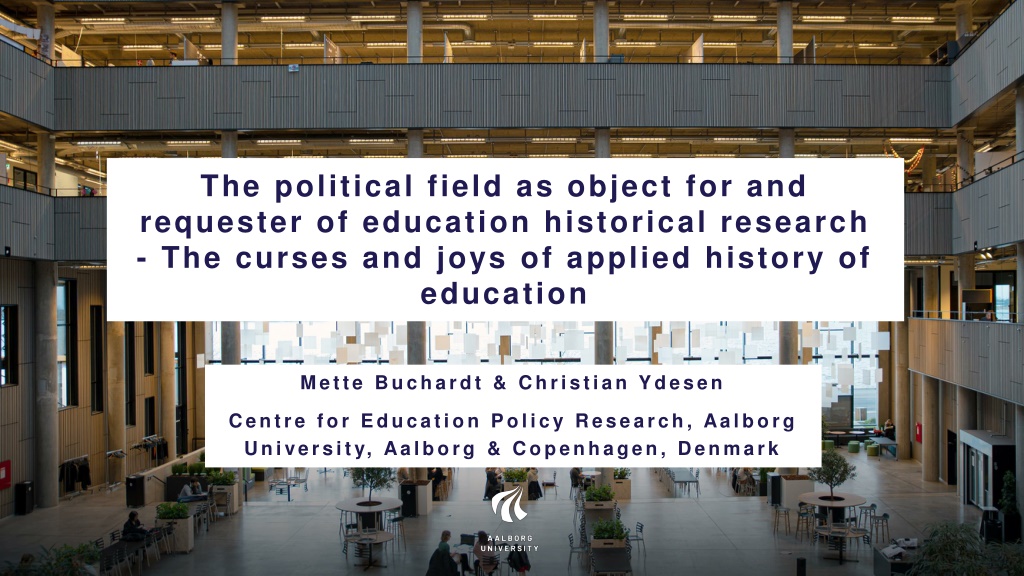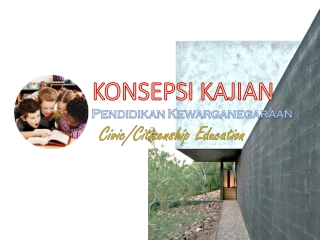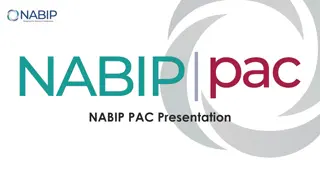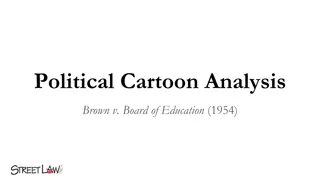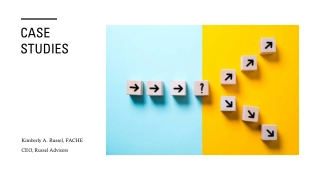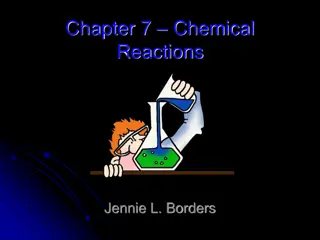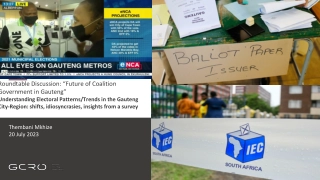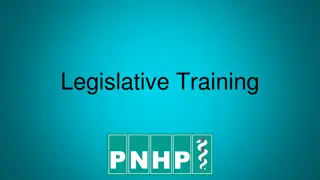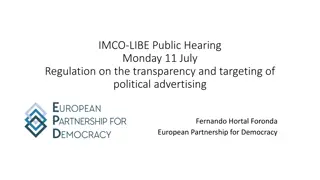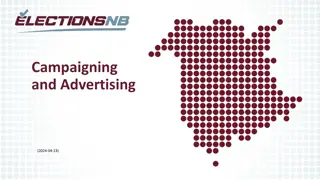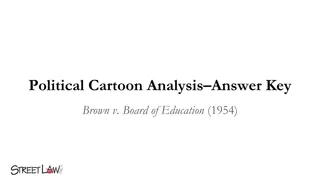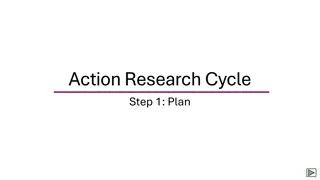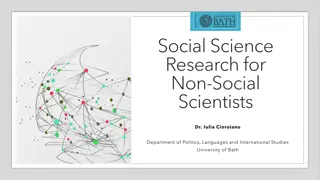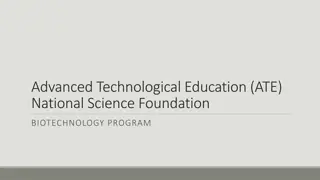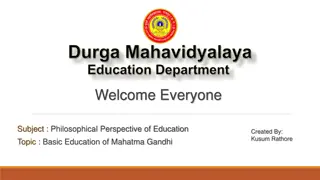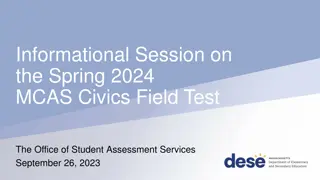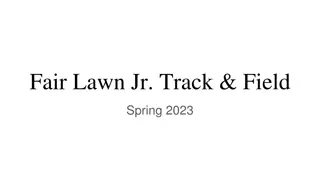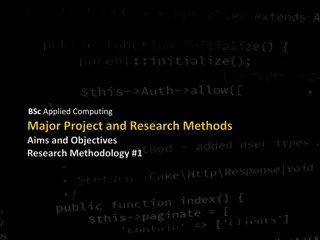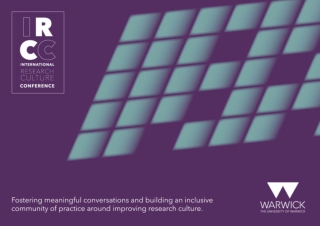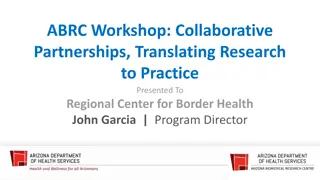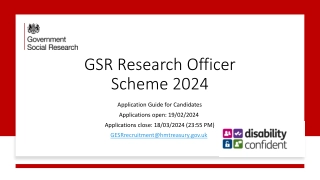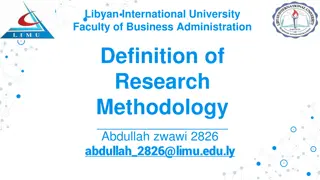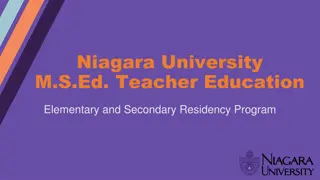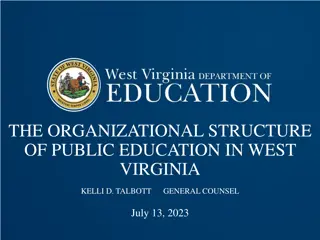Balancing Political Field in Education Research
Analyzing the challenges of historical education research in politically contested fields, addressing methodological hurdles in meeting political demands for practical solutions. Can the history of education help evaluate policy and politics? Exploring the delicate balance between research objectivity and external requests.
Download Presentation
Please find below an Image/Link to download the presentation.
The content on the website is provided AS IS for your information and personal use only. It may not be sold, licensed, or shared on other websites without obtaining consent from the author. Download presentation by click this link. If you encounter any issues during the download, it is possible that the publisher has removed the file from their server.
Presentation Transcript
The political field as object for and requester of education historical research - The curses and joys of applied history of education Mette Buchardt & Christian Ydesen Centre for Education Policy Research, Aalborg University, Aalborg & Copenhagen, Denmark
Introduction Every significant political phenomenon lives in history and requires historically grounded analysis for its explanation. Charles Tilly (2011) one could argue that historical perspectives offer insights into a reservoir of communalities and analogies between the past and the present as well as the contingencies that shape historical change and impose both temporal and explanatory order on contemporary events. P A G E 2
The problem What are the problems embedded in putting historical studies, grounded in positivist and hermeneutic understandings of knowledge - and often with primarily descriptive analytical ambitions - to work in the politically contested fields between the sciences of education and educational politics and practice? Especially when we see increasing demands to scholars for delivering applied science in a way that offers practical solutions and where research questions are often defined in close relations to the political interests and state demands P A G E 3
Key questions in the presentation How can historians of education can find a balance between having the political field that governs education as a research object, and at the same time our requestors? Can history of education contribute to evaluate policy and politics and what are the methodological challenges if such a move is attempted? P A G E 4
Pedagogy between Science and Philosophy (1965) A descriptive approach how something is and even how are things are (causally) related A prescriptive approach how something should be: Technically prescriptive (tools and means) Ethically prescriptive (aim, objective) Descriptive-analytical research aiming at describing patterns and explaining them, but not aiming to improve or change Today much education research is aimed at exploring practices with specific goals/aims for education as a point of departure and with the ambition to create new improved practice (e.g. best practice ) P A G E 5
Case I: Welfare state history on migrants in education: Feeding into the political system vs. giving voice to migrants as policy actors * Which political bodies the knowledge is to reach? Example: an interdisciplinary welfare state and migration project about the actual implementation of welfare state education policy directed towards newly arrived migrant children that were received in the primary and lower secondary school in Denmark, the so called Folkeskole -> oral history interviews then newly arrived migrant students in the period 1970s- 1990s (Li & Enemark 2021; Li & Buchardt 2022). migrant organisations, NGOs working against racism etc as stakeholders along with state related political bodies such as the ministry of education, politicians and municipalities -> potentially conflicting interests. a friction with regard to which political actors should set the agenda for welfare-state improvement and, hence, have potential to dispute which political missions and agendas scholarship should be useful for. how far can recommendations be taken based on which empirical results? How far can technical prescriptions be made, based on theoretical-empirically descriptive research? In which ways are usefulness possible? And what is and should be the balance between technical prescription in the form of policy recommendation, descriptive empirical evidence- based information about policy paths and policy tool (Pierson 2004) and how they worked, and social critique? P A G E 6
Case II: The historical role and significance of educational testing: Providing policy advise vs. criticizing contemporary educational testing policies and practices Educational assessment has been a core theme globally in education reforms in the past decades. A series of research projects based on historical analysis of educational assessment (conducted by Christian Ydesen in different team constellations) points to possibilities as well as dilemmas when doing historical research in policy and the surrounding practices. Empirically, the research has been mostly based on student files, local policy documents and guidelines, correspondence, media debates, publications from key actors, and minutes from selected schools and contexts, but also policy documents from the national and transnational levels, mostly from the Ministry for Education and the OECD. Theoretically, the research on educational testing has drawn on critical policy analysis, sociology of education, post colonial theory, post-humanist ideas, and to some extent dialogical philosophy. These components have created a viewpoint from which to engage with the broader field of contemporary education, schooling, and debates. P A G E 7
Education Access Under the Reign of Testing and Inclusion The project starts from the observation that since human diversity in terms of traits, abilities, preferences, culture, religion, gender, sexual orientation, social class, geography, and political orientation - is an inherent feature of society, educators and, indeed, the schools and education systems in which they work - are always faced with a multiplicity of student backgrounds, interests, and experiences. Herein lie two fundamental pedagogical issues: i) how to deal with the complexities of such human diversity, and ii) how the boundaries of acceptable otherness are configured, in any given educational practice and system. Both assessment and inclusive education are highly dependent on cultural decisions, i.e. what and who is to be assessed/included, how to assess/include, and what the implications should be in terms of policy and practice. P A G E 8
Conclusions Political agreements and reforms come into existence through complex policy processes where knowledge is merely one component. More important are the ideological and political priorities of the ruling party(ies), the parliamentary situation (how is a majority possible), political traditions (e.g. a tradition in Denmark to secure broad political agreements in education), economic conditions, the agendas and lobbying of interest groups (e.g. local authorities, school leaders, teachers, students, parents), public debates, and not least the organizational inertia of the executive branch of government. The choice of knowledge added to a reform process often reflects political and parliamentary power structures While presenting historical examples and arguments contain a considerable power for persuasion, such disseminations run the risk of either being left aside in concrete policy crafting processes, or to be taken hostage in political battles. Not disseminating in an instrumentalized form, runs the risk for not offering necessary counter perspectives of lost opportunities and social critique. Going back to Grue-S rensen typology for research types, it seems that the possibilities and problems from going from a descriptive-analytical level of research and into an either technically or ethically prescriptive level, does not only demand a closer look on to which degree historical findings can be turned into tools for policy, but also a close analysis of the use of knowledge in the governing fields. If we as historians are to be successful with playing this game, we need to be aware of the rules of the game and understand the workings and logics of policy, politics, and practice. P A G E 9
